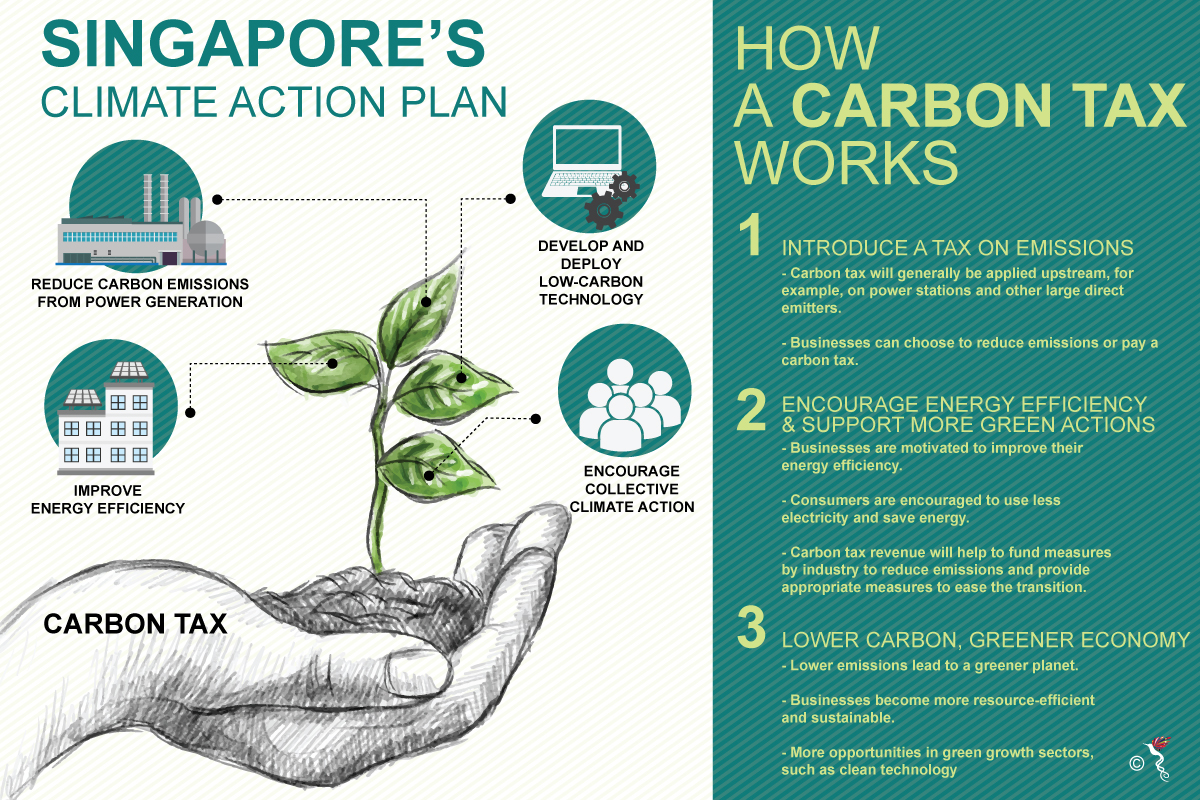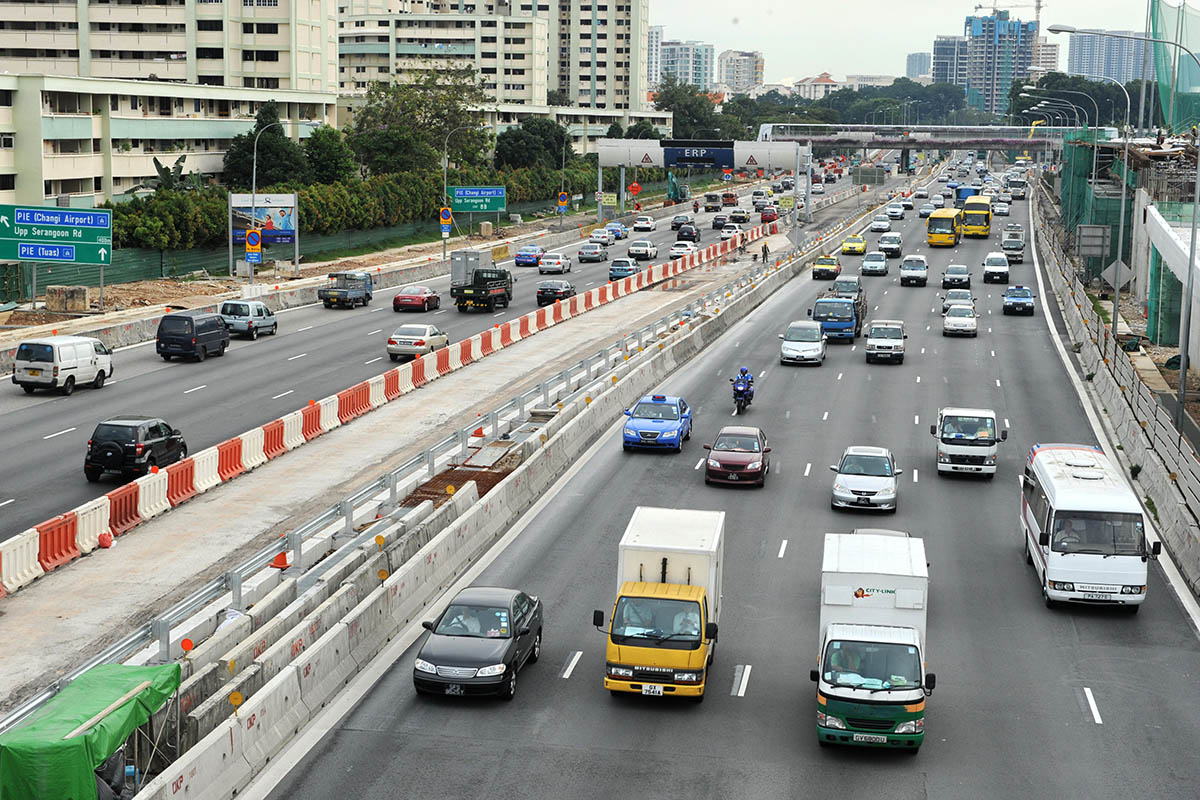Climate change refers to the human-induced warming of the Earth, due to deforestation and the excessive consumption of resources that result in the production of heat-trapping greenhouse gases. Though there are a number of human activities that can cause climate change, urbanisation and development is the largest driving factor in this era of modernisation, digitalisation and fast-paced culture.
Singapore has announced earlier this month that 2018 will be the “Year of Climate Action”. This comes in lieu of the city-state being committed to the Paris Agreement, an accord made by 195 nations to combat climate change at the UN Climate Change Conference in Paris in 2015.
At this year’s conference, the Minister of the Environment and Water Resources, Masagos Zulkifli also announced that Singapore would be joining the Ministerial Declaration on Carbon Markets.
Singapore is the 20th nation to do so, bolstering the club of rich and poor countries pledging to cooperate on environmental integrity to spur international emissions trade.
The New Zealand-led declarations were first introduced at the Paris conference.
Through the declaration, countries involved will work together to develop standards and guidelines for using market mechanisms that ensure a robust global carbon market that has environmental integrity.
Plans and efforts
All these climate change related efforts and commitments come just in time as Singapore chairs the Association of Southeast Asian Nations (ASEAN) in the coming year, playing the part as a role model to the other member states.
Singapore plans to reduce its energy intensity in the ASEAN region by 20 percent by 2020, and increase the component of renewable energy in the ASEAN energy mix to 23 percent by 2025.
In order to achieve these targets, the nation has implemented a slew of strategies. These include enhancements made this year to its Energy Conservation Act, which aims to get large polluters to be more energy efficient, and plans to implement a carbon tax from 2019.
In 2016, Singapore launched the world’s largest floating solar panel test-bed at Tengeh Reservoir. Due to its success and Singapore’s aim to increase solar photovoltaic (PV) utilisation to 350 MWp by 2020 and 1GWp after 2020, floating solar panels will also soon be deployed at other reservoirs around the island.
At the Responsible Business Forum on Sustainable Development last week, Masagos stated that "research is a key aspect in the development of Singapore’s clean energy sector. Our research centres, such as the Solar Energy Research Institute of Singapore (SERIS) and the Energy Research Institute at NTU (ERI@N), are collaborating with industry to support efforts towards large-scale deployment of solar systems."
Singapore became the first Southeast Asian country to introduce a carbon tax last February, which is set to take effect from 2019. "The revenue collected from the carbon tax will go into supporting initiatives to improve industry energy efficiency," he added.
This month, Singapore’s first electric car-sharing programme begins, and 1,000 electric cars and 2,000 charging points will be deployed throughout the island by 2020.

Source: National Climate Change Secretariat
A study by The Global Carbon Project and the University of East Anglia found that 2017 is looking to be the year with the “highest levels of carbon pollution on record, due to a surge in fossil fuel consumption.”
“The growth in 2017 emissions is unwelcome news, but it is too early to say whether it is a one-off event on a way to a global peak in emissions, or the start of a new period with upward pressure on global emissions growth,” stated Dr Glen Peters of the CICERO Center for International Climate Research in Oslo, who led one of the studies.
Indeed, the government of Singapore alone will not be able to address climate change issues but rather requires collective and collaborative action by all parties ranging from businesses to individuals. Only time will tell if the city-state will be able to achieve these targets while playing the role of the leader in the ASEAN region.
Recommended stories:
